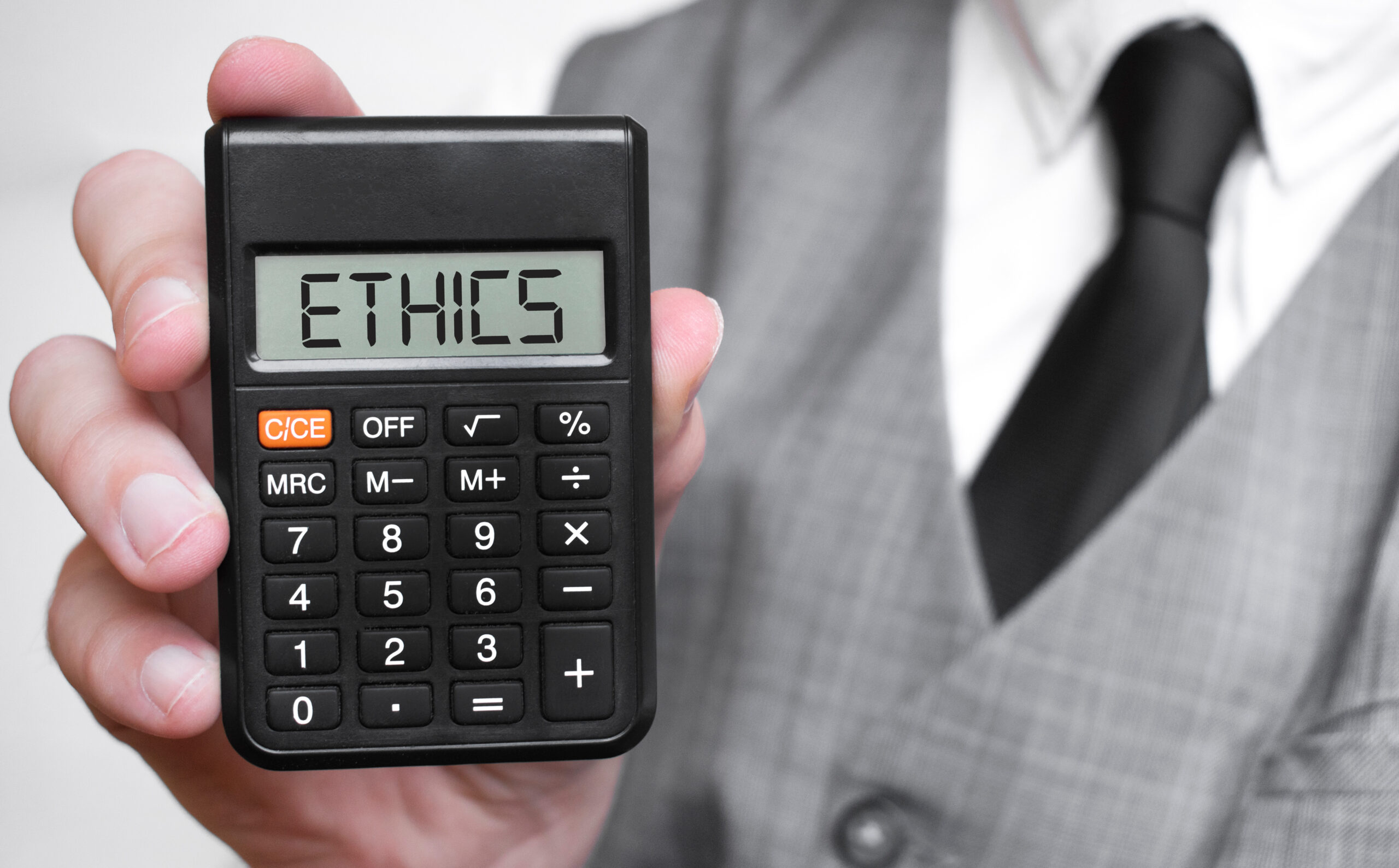By: Editorial Staff, Date: February 1st, 2022
Last November, JPMorgan filed a lawsuit against Tesla claiming that the auto manufacturer failed to meet the contractual obligations it made with JPMorgan. This lawsuit stems from an agreement that would allow JP Morgan to purchase shares of Tesla if the “strike” price of those shares fell below Tesla’s share price when the warrants that the bank purchased from Tesla expired in June and July 2021. After Tesla CEO Elon Musk tweeted in 2018 that he had secured funding to take the company private at $420 per share, JPMorgan adjusted this strike price – something they claim they were allowed to do under their contract with Tesla. Tesla, however, has called this adjustment “opportunistic” and maintains that they are not required to make payments to JPMorgan. Now, Tesla has recently filed a countersuit against the bank accusing JPMorgan of “bad faith and avarice” for seeking $162 million in its November 2021 lawsuit.

The countersuit states that, “Last year, JPM obtained billions of dollars’ worth of shares of Tesla’s common stock for a bargain price that the parties negotiated in 2014. Not content with this multibillion–dollar gain, JPM now seeks, through this cynical litigation, to extract an additional nine-figure windfall from Tesla.”
In a statement made to Business Insider, though, JP Morgan said, “There is no merit to their claim. This comes down to fulfilling contractual obligations.”
In its countersuit, Tesla is seeking a dismissal of JPMorgan’s lawsuit as well as an unspecified amount in damages. This countersuit against JP Morgan marks the latest development in what has been a months-long legal feud between the two companies.


